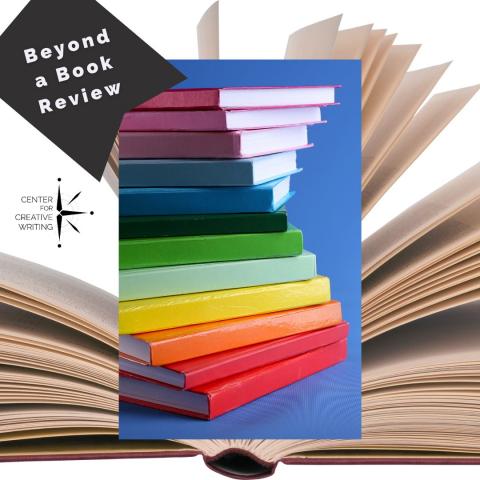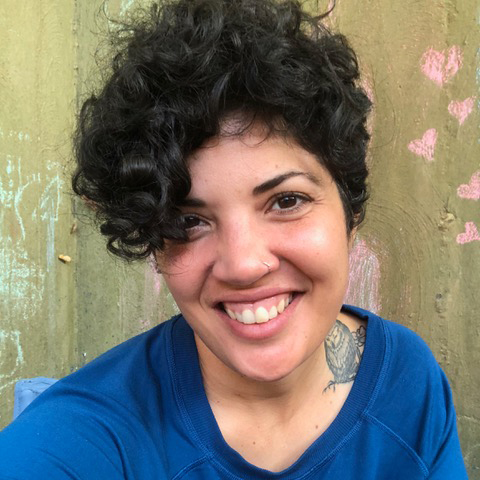
Shawna Ayoub moves "beyond a book review" in not only recommending great books by diverse writers but highlighting a technique to apply to your own writing practice.
What I’ve Learned from Reviewing LGBTQIA+ and BIPOC Writing
For the last two years, I have been reviewing writing by diverse authors. I’ve focused on queer and BIPOC writers and largely dabbled in speculative fiction. However, this reading journey has taken me across genres, led me back to the originators of said genres, and taught me a lot about how good writing works. More importantly, it has shown me what was missing in my education as a fiction writer.
I pursued an MFA in the early 2000s. My university was in the top 15 programs in the country at that time. It was known for embracing diversity both in its admissions and its instructors. Still, there was a distinct lack of what I think of as “flavor” in the reading we did. Inevitably, the writing people produced was manufactured. It felt “white” in the sense that it followed the strictures laid out by the standards of popular publications. No surprise that we conformed—the writing we learned from was writing that was successfully published. The publishing world at the time wanted literary fiction. That’s what we were in school for. That’s what we produced.
I struggled with this conformity. I found myself sliding more and more into magical realism, but I didn’t have foundational knowledge of how to make it work in my stories. When I look back at my thesis (192 pages of short fiction about the Lebanese-American diaspora), I’m horrified. I clearly didn’t know what I was doing. My stories were aimless, lacked endings, and weren’t good as a whole. But there was something there.
The reading I’ve done over the last two years has clarified what I missed: a global education. I needed to see examples of writing that bucked standards—plenty of which existed and could have been included as literary reading. Joanna Russ’s work is a great example of literary fiction that is speculative in nature but also strays from norms. Yes, her work is speculative, but it is also academic, thoughtful, artful, and profound. I would argue the lack of its inclusion was more related to its queerness, and that exclusion had little to do with overt homophobia in my MFA program and more with internalized academic/systemic homophobic expectations. I mean, of course we talked about Alice Walker, Audre Lorde, Virginia Woolf, Emily Dickinson, and Carmen Maria Machado, but never in relation to their sexuality and how it was in conversation with their work.
While we did examine how Blackness or otherness presented in the pieces we studied, those were specialized classes. In fact, upon reflection, those were the independent study courses I put together with brown or Indigenous instructors to round out my sense of belonging. There was space for that. It was encouraged. Honestly, my MFA was a great program, but I think the world wasn’t ready.
And I’ll double down on that because most of the reading I’ve done in the past two years and shared with you is work that has been published after I graduated in 2008. I have a personal theory that stems from my experience as an Arab American in the post-9/11 U.S.: When I was writing my thesis, publishing houses were rushing to put out Arab and Arab-American fiction. It was the first time I saw brown work flood the shelves. That plus “me too” flooded the industry with women and Other voices, making space for the largely dystopian stories I’ve had the pleasure of sharing with you. Basically, there was no place for us on the shelves until pushback on our mistreatment made it apparent that our silencing was no longer going to be accepted. That we are an audience of consumers and it is beneficial to share our stories in all their forms.
A writing exercise
What story have you not shared because you thought no one would listen? For 15-20 minutes write that story.
Don’t forget to check in with yourself. How did this writing make you feel? Scan your body and make note of any lingering tension. Breathe to release it. Take a walk, have a drink of water, or participate in an activity to ground yourself to close this writing session.
Would you share this work now? Why or why not? Do you have a favorite book that I’ve reviewed in this series, or one you hope I’ll review in a future post? Share with us in the comments.
More book reviews and recommendations
Join us on Substack!
